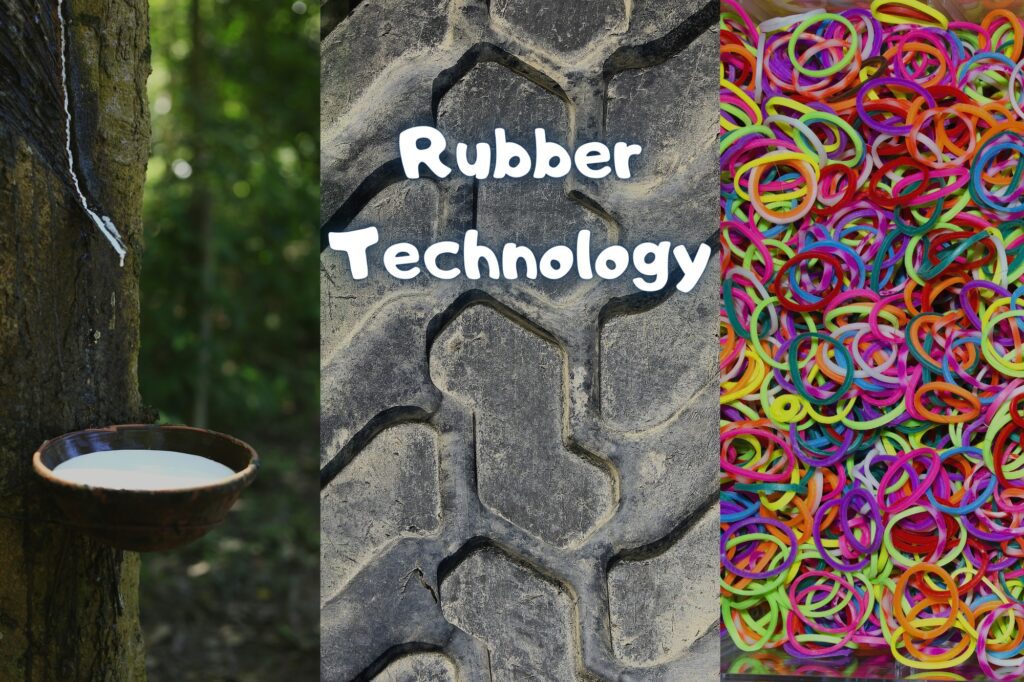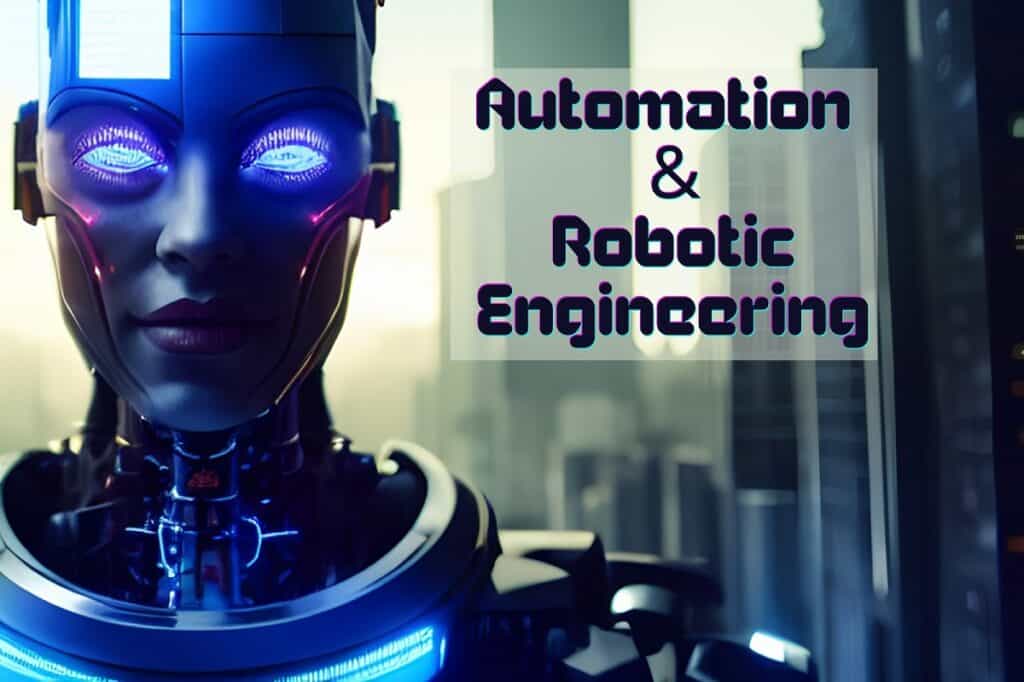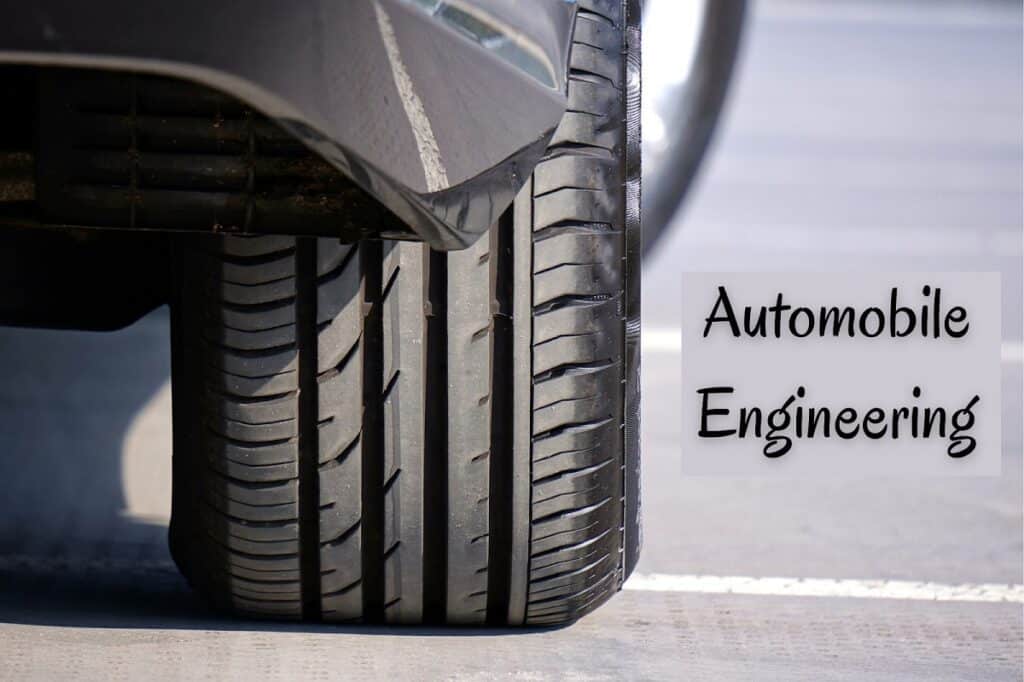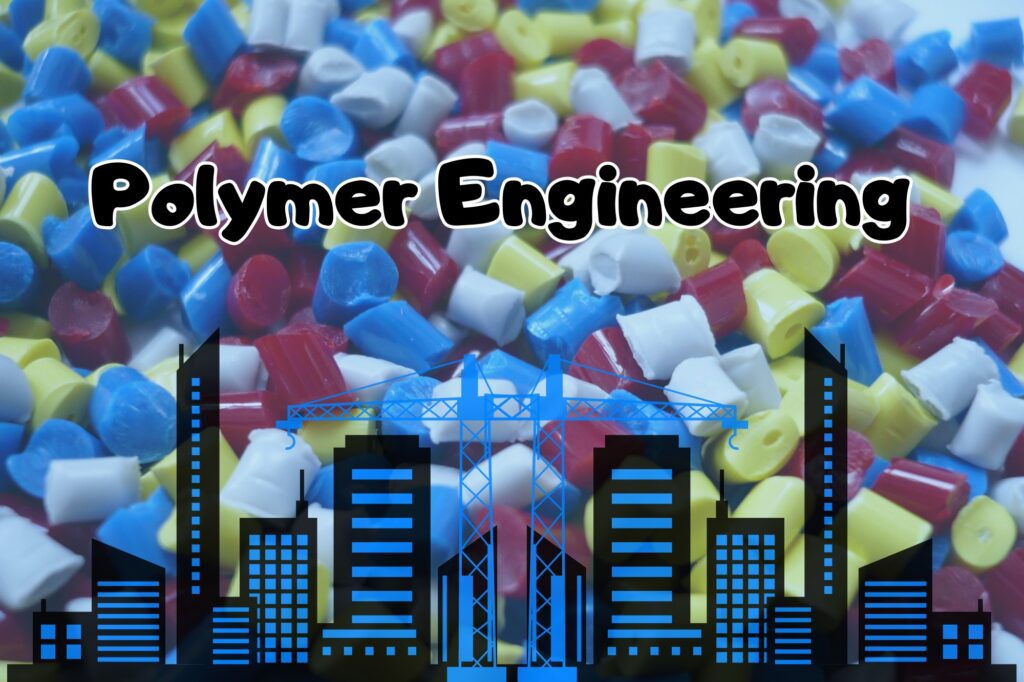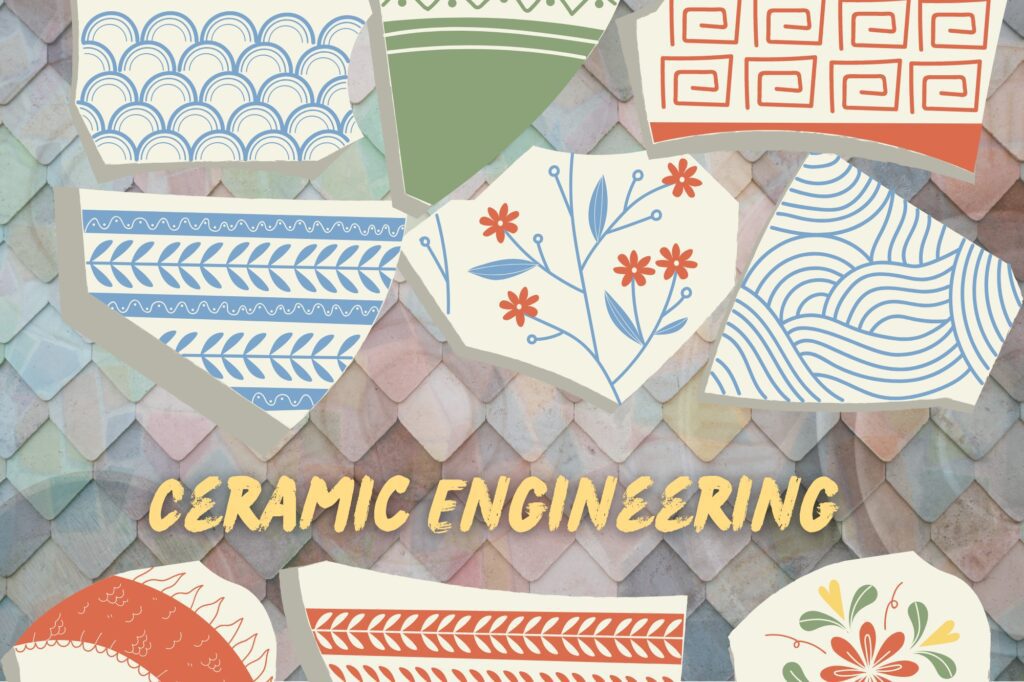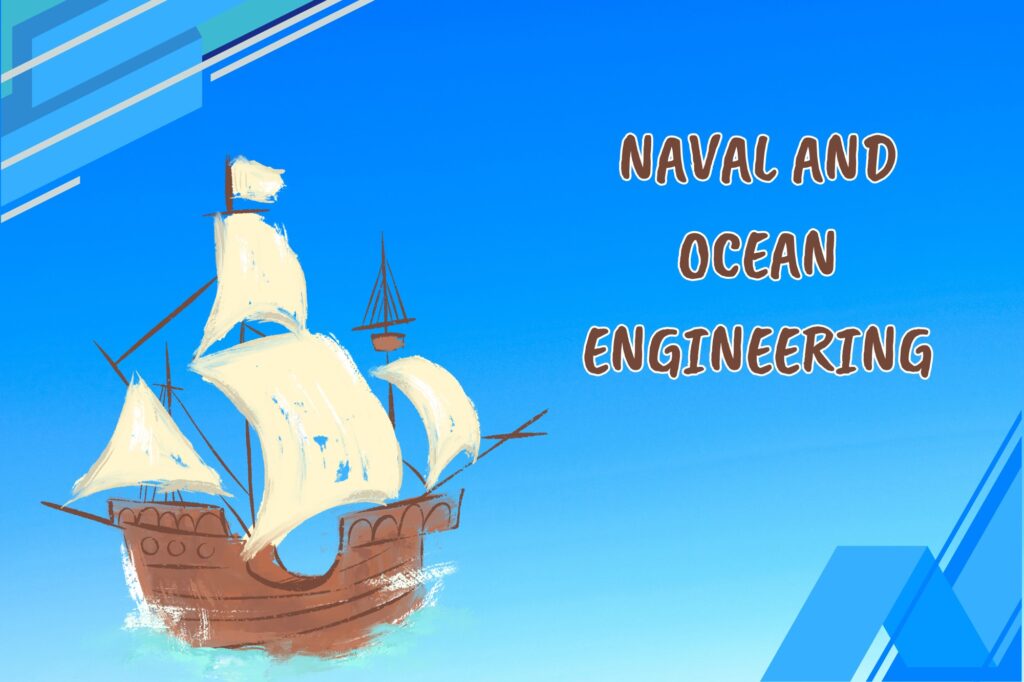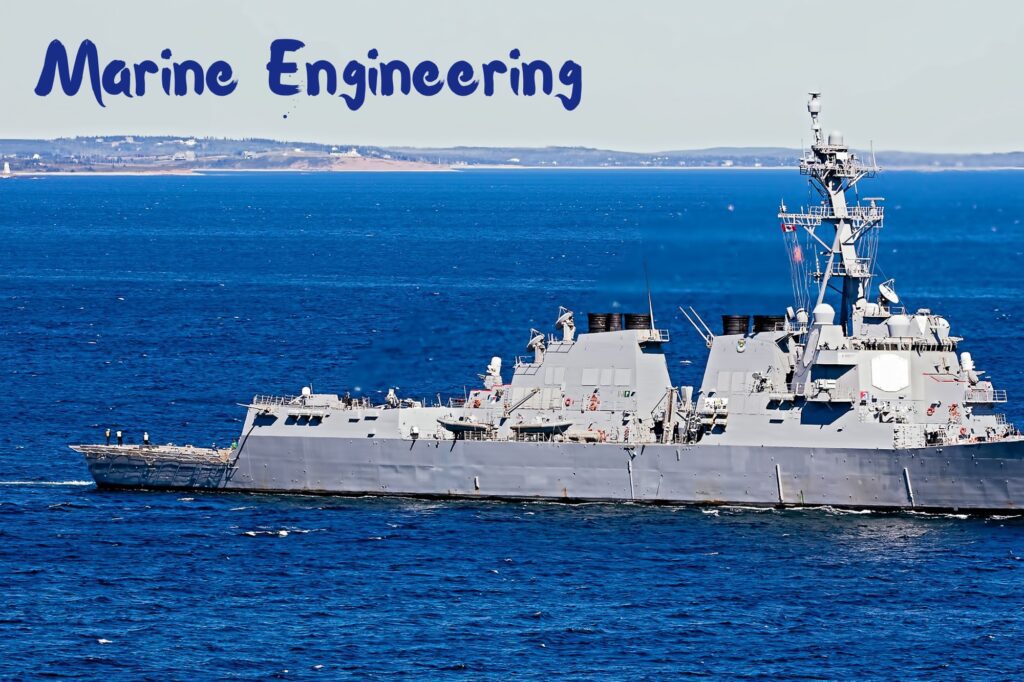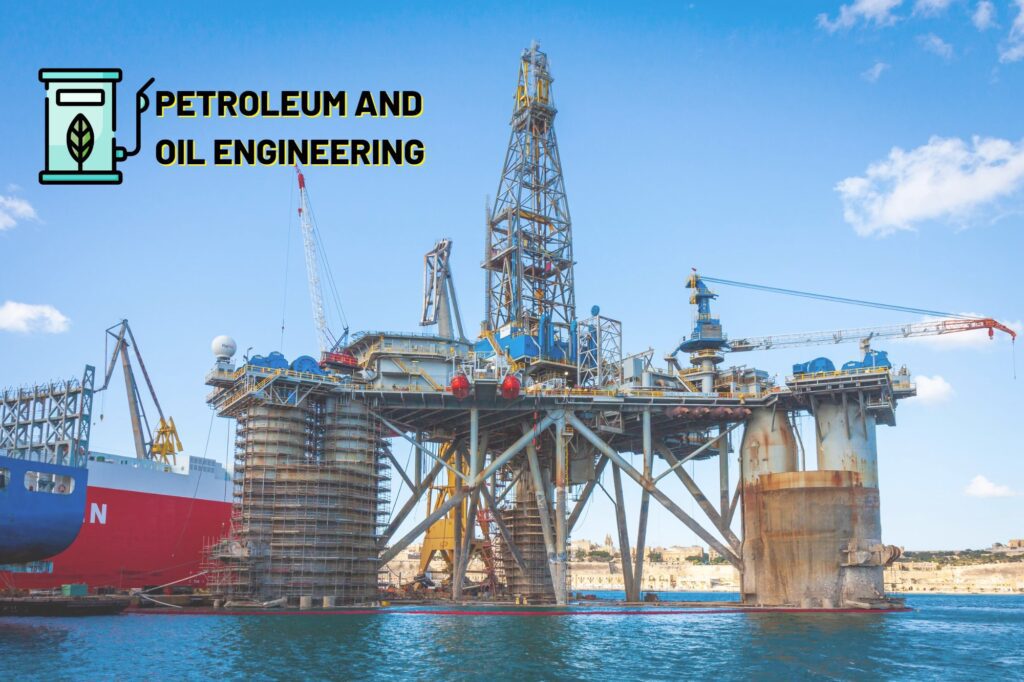From Tires to Seals: What You Need to Know About Rubber Technology
Rubber Technology Rubber technology is the science of processing and utilizing rubber for various products. It combines natural or synthetic rubber with different additives and chemicals to create products with specific properties. Many industries, including automotive, industrial, medical, and consumer goods, utilize rubber technology. Since ancient times, people have used rubber to make shoes and […]
From Tires to Seals: What You Need to Know About Rubber Technology Read More »
